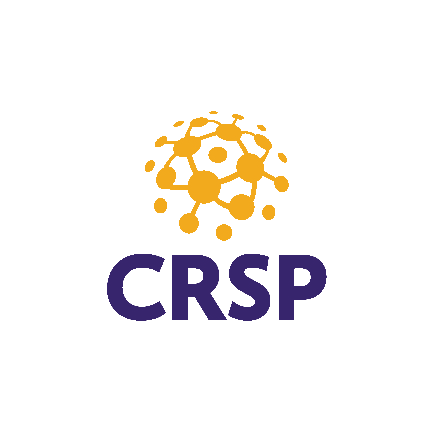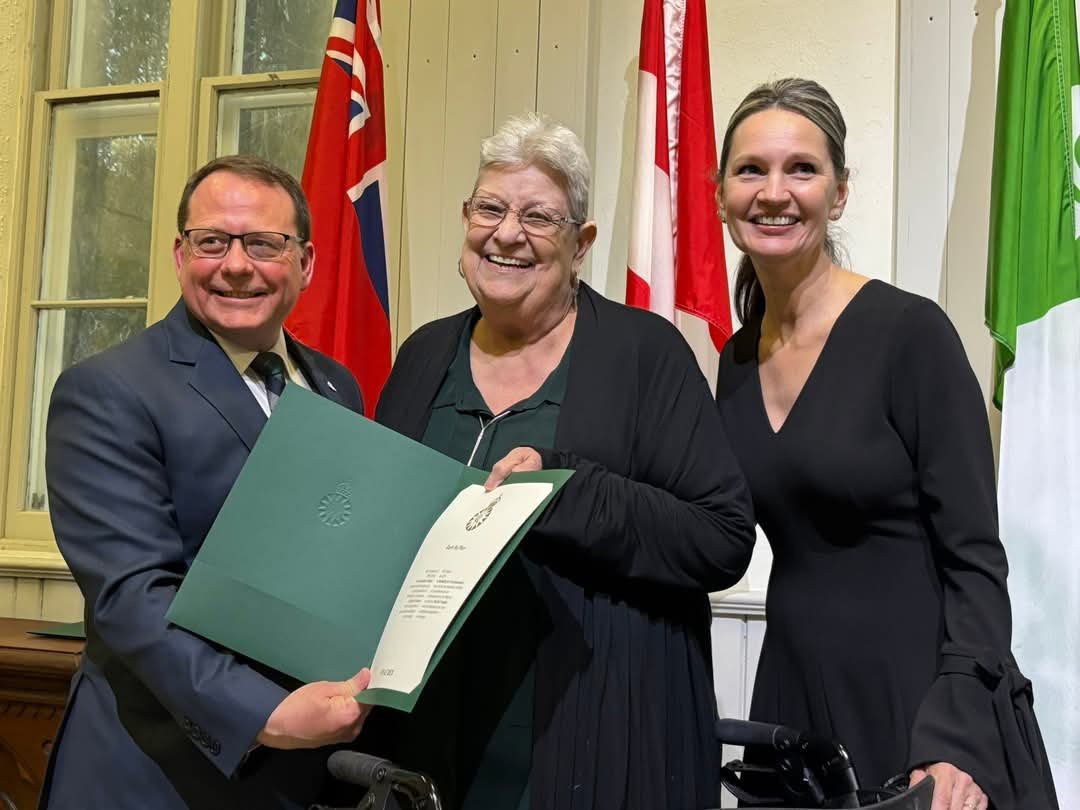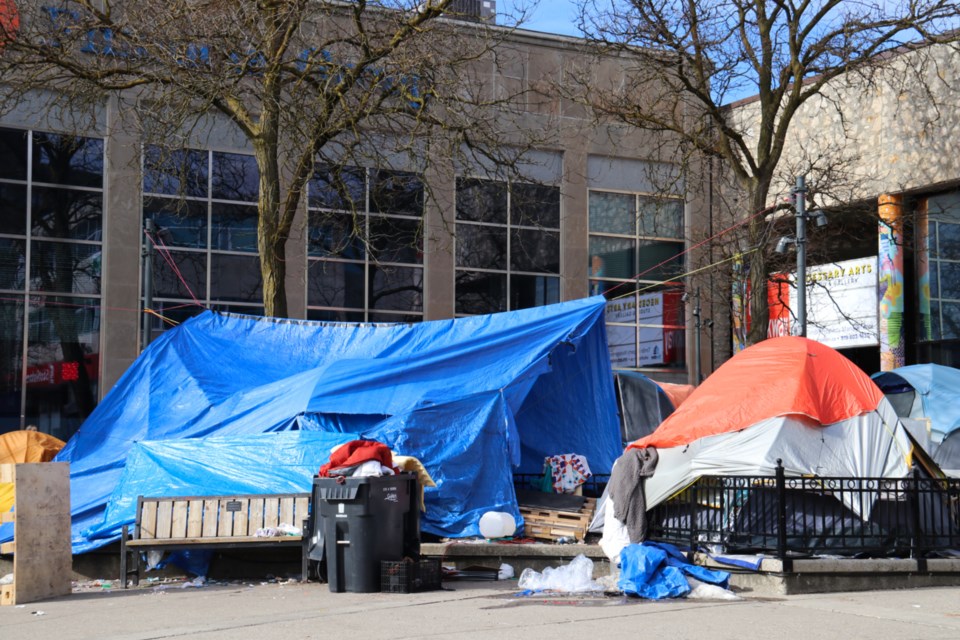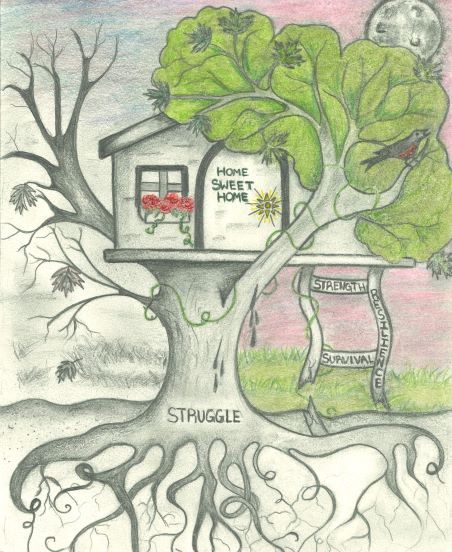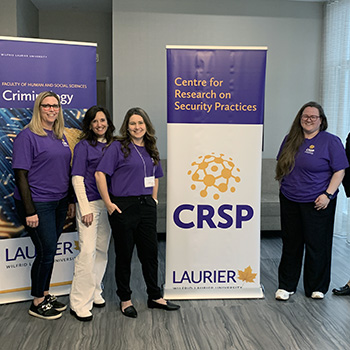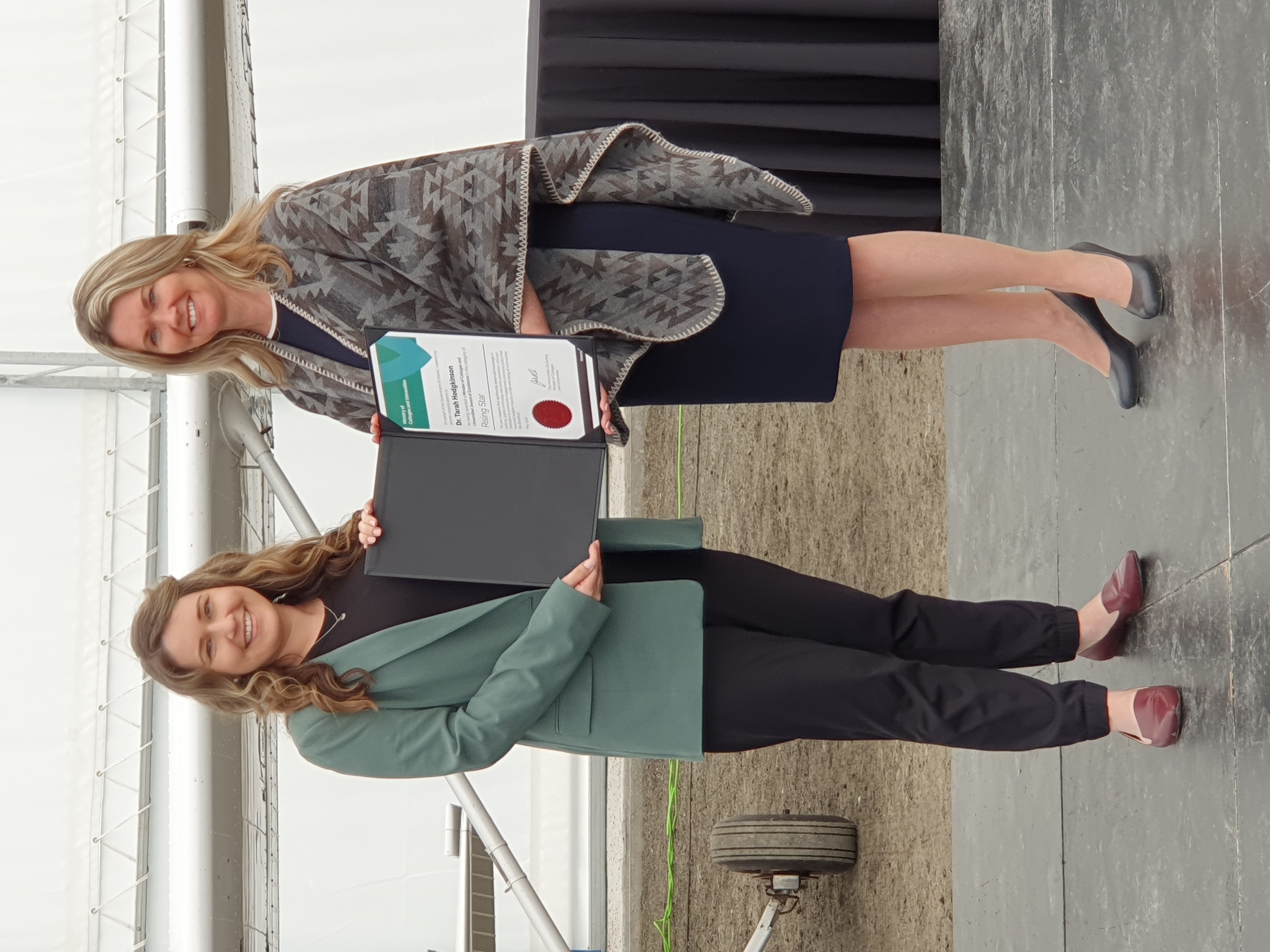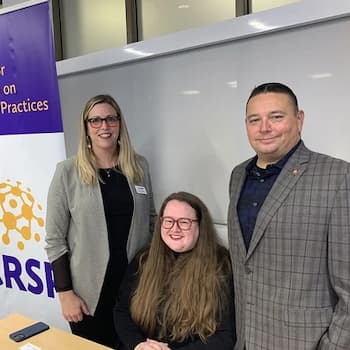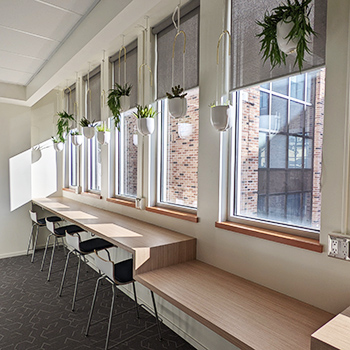Spaces
Current Research Projects
Building on research that identified a significant "governance gap" in Canadian police oversight, this project seeks to address the training needs of Police Service Board (PSB) members in Canada through a 5-part action-oriented workshop series designed to build current PSB member capacity through knowledge mobilization and co-create Canada-wide training materials with PSB members.
A final online-training resource will be produced and disseminated through the CAPG membership network. Together these outreach activities will contribute to building the current and future capacity of PSB members across Canada and promises to contribute to police accountability in our communities.
This research is funded by Social Sciences and Humanities Research Council Connection and Canadian Association of Police Governance
Concerns about safety and security are increasing in cities across Canada. This is especially true for libraries, as they represent some of the last public, civic, and impartial spaces in our communities. However, public libraries are often ignored in conversations about community safety and security. With mandates to promote free and equitable access, this inclusiveness brings its own challenges.
This research collaborates with three libraries in Ontario -- Brantford Public Library, Barrie Public Library, and Thunder Bay Public Library to address the challenges and issues faced by mid-sized public libraries in Canada particularly in the context of increasing social problems such as the opioid epidemic, mental health crisis, lack of affordable housing, and changing perceptions of public safety.
Focused on safety, security and inclusion, this collaborative project will investigate the current challenges libraries face and explore opportunities for community and capacity building within these spaces. This research is funded by Social Sciences and Humanities Research Council Insight.
The role of police leadership in organizational culture and effectiveness is clear in Canadian police organizations. However, many services are currently struggling to recruit and keep strong and diverse leadership. Furthermore, many police leaders are turning over much sooner than in the past, raising concerns about continuity. This can create a significant disconnect within these organizations.
This study examines the change in police leadership across 40 of the largest police services in Canada in the last 25 years. It explores the predictors of leadership turnover, the experiences of police leaders themselves, and some of the particular challenges faced by diverse leaders.
Past Research Projects
Barriers to accessing legal advice for those in vulnerable populations can prevent them from acquiring the critical information that they need to make important life decisions. The Rural Legal Clinic (pseudonym) is responsible for providing legal support to residents living in several rural counties of Southern Ontario utilizing a satellite service delivery model. Past and potential RLC clients have encountered difficulties accessing and utilizing its services and is seeking to improve its service delivery. For example, its lawyers each provide a day of service a week in each county within the space of an existing community organization. However, the absence of a permanent physical space makes it challenging to create a community identity and access point for legal services. As well, providing services once a week limits the ability of clients to access needed services in a more responsive and timely manner. This SSHRC-funded project has the RLC partnering with CRSP researchers, Lauren Eisler, Carrie Sanders, and Erin Dej. The project will help the RLC identify barriers to service (such as those related to access, utilization, and quality), especially barriers that are compounded by experiences of poverty and help improve the services available to RLC clients and potential clients.
The project uses a multi-method approach including photovoice, interviews, and focus groups as the means of data collection. This project has four objectives: (1) explore how individuals in poverty experience RLC legal services and identify the barriers they encounter to using their services (e.g., transportation to RLC offices, hours of operation); (2) use the research findings to raise the profile of the RLC within the population it serves and share findings with communities and service providers to build trust between the community and the RLC; (3) provide research findings to the RLC to support their development of a consistent approach to working with social service providers to improve access for people in need of legal assistance; and (4) produce a set of recommendations that the RLC can draw from to develop a strategic plan to best meet the needs of clients.
By collecting stories of clients of RLC and interviewing Legal Aid lawyers and staff, researchers, service providers, and government will have the ability to develop a clearer understanding of the needs of those in rural communities experiencing poverty and how poverty influences those seeking legal assistance. The findings from this project will allow for the organizations involved and affiliated social service providers to engage in evidence-informed conversations, provide better legal assistance to those experiencing poverty and ultimately improve their quality of life.
